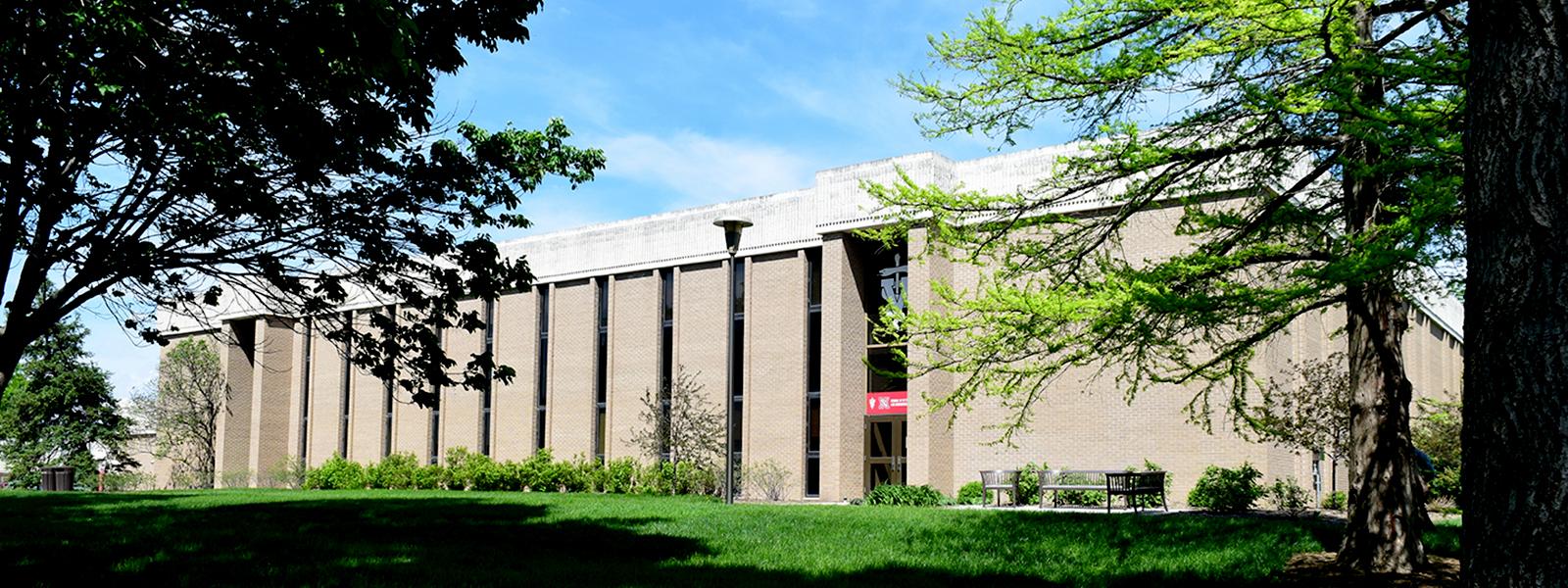
Loy receives outstanding young alumni award
The Iowa State University Alumni Association selected Dr. Dustin Loy for the 2021 Outstanding Young Alumni Award. The award recognizes ISU alumni, age 40 and under, who have excelled in their professions and provided service to their communities.
Loy is an associate professor and pathologist in SVMBS, and faculty supervisor for the bacteriology and molecular diagnostics sections of the Nebraska Veterinary Diagnostic Center.
His research focuses on ocular and respiratory diseases of cattle with a specific interest in the development of tools and diagnostic strategies to assist veterinarians with disease prevention and the judicious selection and use of antimicrobials. He is a member of Lincoln-Lancaster County Board of Health, a committee chair for the American College of Veterinary Microbiology and the American Association of Veterinary Laboratory Diagnosticians and serves on the bovine working group for the Clinical Laboratory Standards Institute. He also serves as chair for UNL’s Institutional Biosafety Committee and the SVMBS graduate committee. He received a bachelor’s degree in animal science, a doctorate in veterinary microbiology, and a Doctor of Veterinary Medicine degree in food animal medicine from Iowa State University, and is a diplomate of the American College of Veterinary Microbiologists.

Wiebe awarded $425,778 Grant from DHHS-NIAID
Matthew Wiebe, SVMBS associate professor, received $425,778 from DHHS-NIAID for a project titled Engagement of Cellular Mitotic and Antiviral Signaling by Poxviral Kinases.
Viral manipulation of mitotic and antiviral signal transduction determines the outcome of infection but remains poorly understood. To address this knowledge gap, Wiebe's laboratory studies a family of protein kinases comprised of homologs widely expressed in poxviruses and in all multicellular eukaryotes. The long-term goal of the research is to determine how poxviruses usurp and redirect signaling cascades governing mitotic and host defense effectors responsive to foreign DNA.
